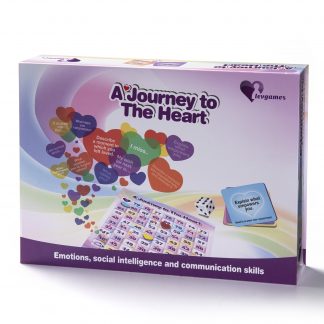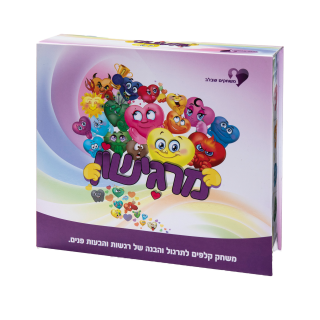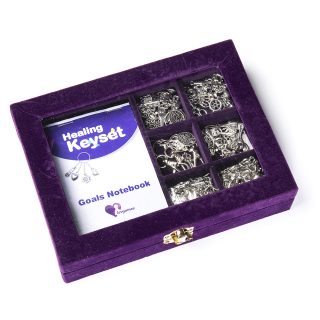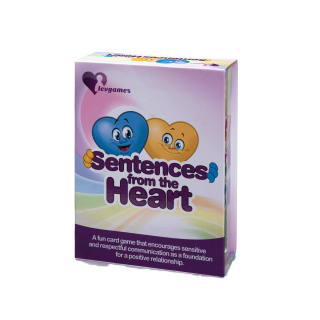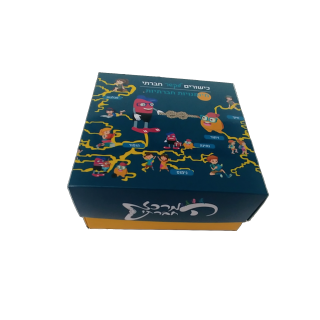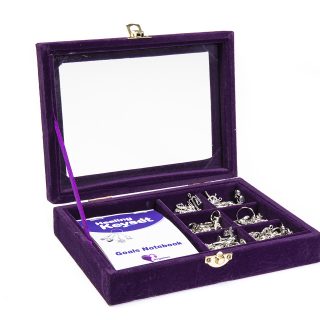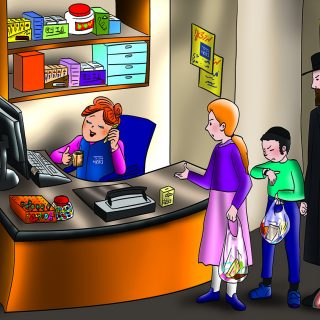Healing keyset An Empowering Game
Healing keyset An Empowering Game developed to provide professionals from a variety of fields (psychotherapy, education and coaching) a creative tool that enables them to evaluate and tangibly represent the intervention process and its outcome.
Healing keyset An Empowering Game Contents:
- Box
- 100 small pendants (20 different types, 5 of each type)
- 5 key chains
- Instructions page
- Possible interpretation map for pendants
- Goals notebook
The pendants represent strengths, tools, skills and other keys to healing. In fact, they represent the main processes experienced and goals achieved by the child during the intervention process.
Working with Healing keyset An Empowering Game
- At the beginning of each intervention process (therapeutic, educational, or family), a number of goals should be defined with the child. For this, you can use the attached goals notebook.
- The child chooses an empty key chain or bracelet that later in the process will be decorated with several pendants.
- Whenever progress is recognized or a certain goal is achieved, the child can choose a pendant that symbolizes the achievement and attach it to the key chain or bracelet.
- It is important to conceptualize the process. To do so, ask the child to say a word or a phrase for each pendant chosen and to describe how this pendant expresses the process and the goals achieved or the new tools and skills acquired through the process.
- At the end of the intervention process, the key chain or the bracelet, representing the goals achieved and the new tools acquired along the joint therapeutic journey, become a meaningful souvenir for the rest of the child’s life.
All rights are reserved to Tal Zaharin. Social Worker-MSW, Trauma Specialist-S.E.P. Instructing therapists, groups and professional teams from various fields – Psychotherapy, Education & Welfare.
Other therapeutic games in English
Assessment of therapeutic intervention
Therapeutic assessment is a psychological assessment procedure which aims to help people gain insight and apply this new insight to problems in their life. The term ‘Therapeutic Assessment’ was coined in 1993 by Stephen E. Finn to describe the semi-structured collaborative assessment paradigm developed by himself and colleagues at the Center for Therapeutic Assessment in Austin, Texas.

